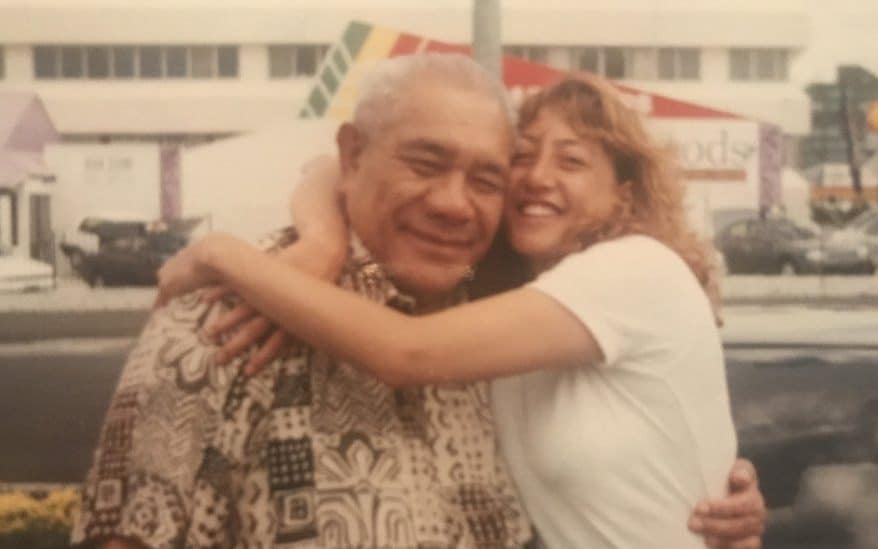New Zealand's biggest news site apologises for anti-Maori bias after investigation by one of its own reporters

As a journalist for one of New Zealand's biggest media outlets, Carmen Parahi is used to holding power to account.
But recently she's turned attention towards her own employer - Stuff, which runs the country's biggest news website and a collection of newspapers - and how it has presented Maori throughout its 160-year history.
This week, after a months-long investigation into its reporting by Parahi, herself Maori, and 20 other journalists, Stuff issued an apology.
"We've been racist, contributing to stigma, marginalisation and stereotypes against Maori," it said, in an extraordinary acknowledgement.
The investigation found, in the words of Stuff's Editorial Director Mark Stevens, that "Our coverage of Māori issues over the past 160 years ranged from racist to blinkered."
One front page article from the 1800s described Maori as "an inferior race" but even recent content had issues, Stevens wrote in an editorial, pointing to its coverage of the 2004 Foreshore and Seabed Act as an example.
The publication had reported, among other things, that “Debate over Māori customary rights to the foreshore and seabed is making New Zealanders nervous," implying that Maori and New Zealanders were two separate groups, Stevens wrote. That "monocultural" approach meant its journalism had not always been "trustworthy", he added.
After a 20-year career in journalism, Parahi says she was ready to leave the profession over its representation of Maori unless something changed.
“Just as we hold the power to account, we've got to remember that we're actually very powerful [ourselves], the media, that we actually have influence and shape the lives of New Zealanders as well,” she told TVNZ's morning talk show Breakfast.
Stuff is now pledging to "rebuild trust" by using "a multicultural lens to better represent... all people of Aotearoa" - the Maori name for New Zealand.
For the most part, the move seems to have gone down well with readers, with Stuff achieving its most successful day ever for donations after the apology was issued.
Ella Henry, director of Maori advancement at the Auckland University of Technology, said she saw it as "a very positive move forward."
"Will it play out? Will the editorial commitment remain? I don't know, but it's a very good start and it's a very good standard to hold them against in the future," she said.

 Yahoo Finance
Yahoo Finance 